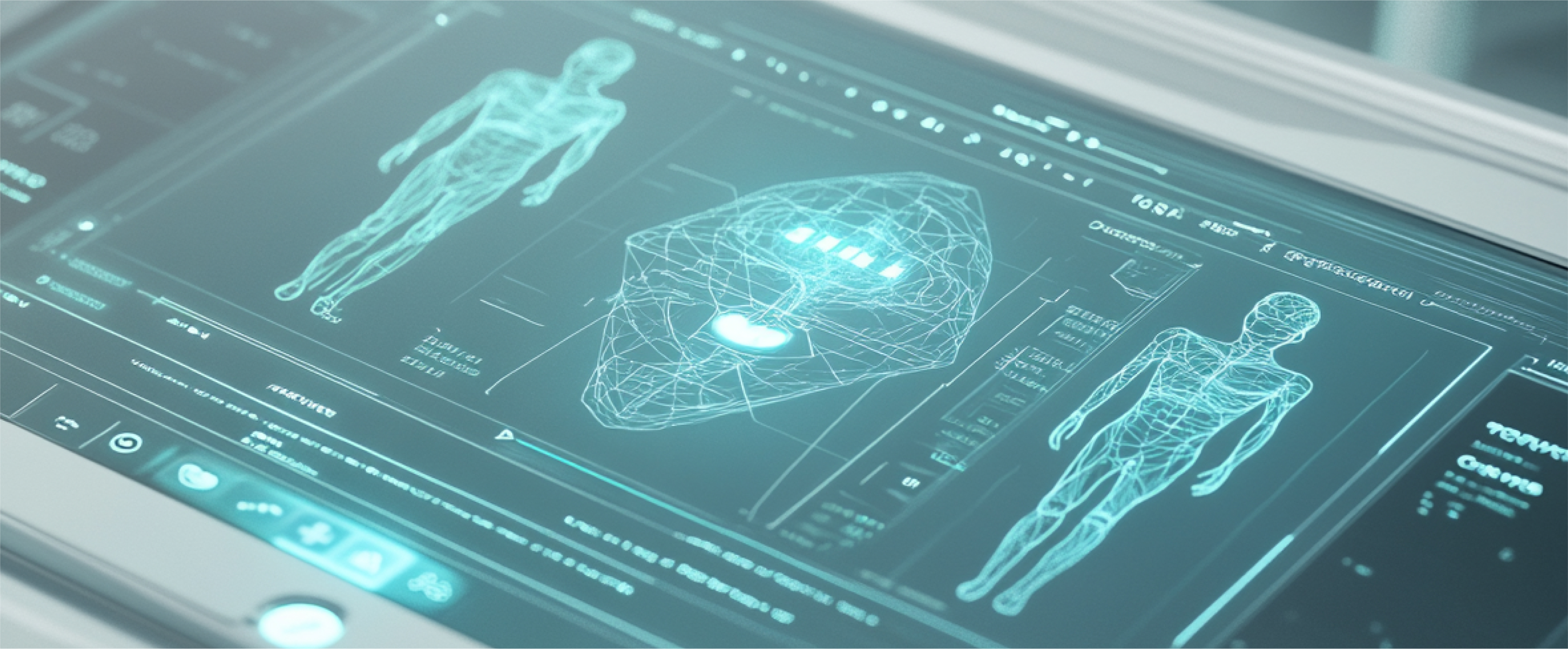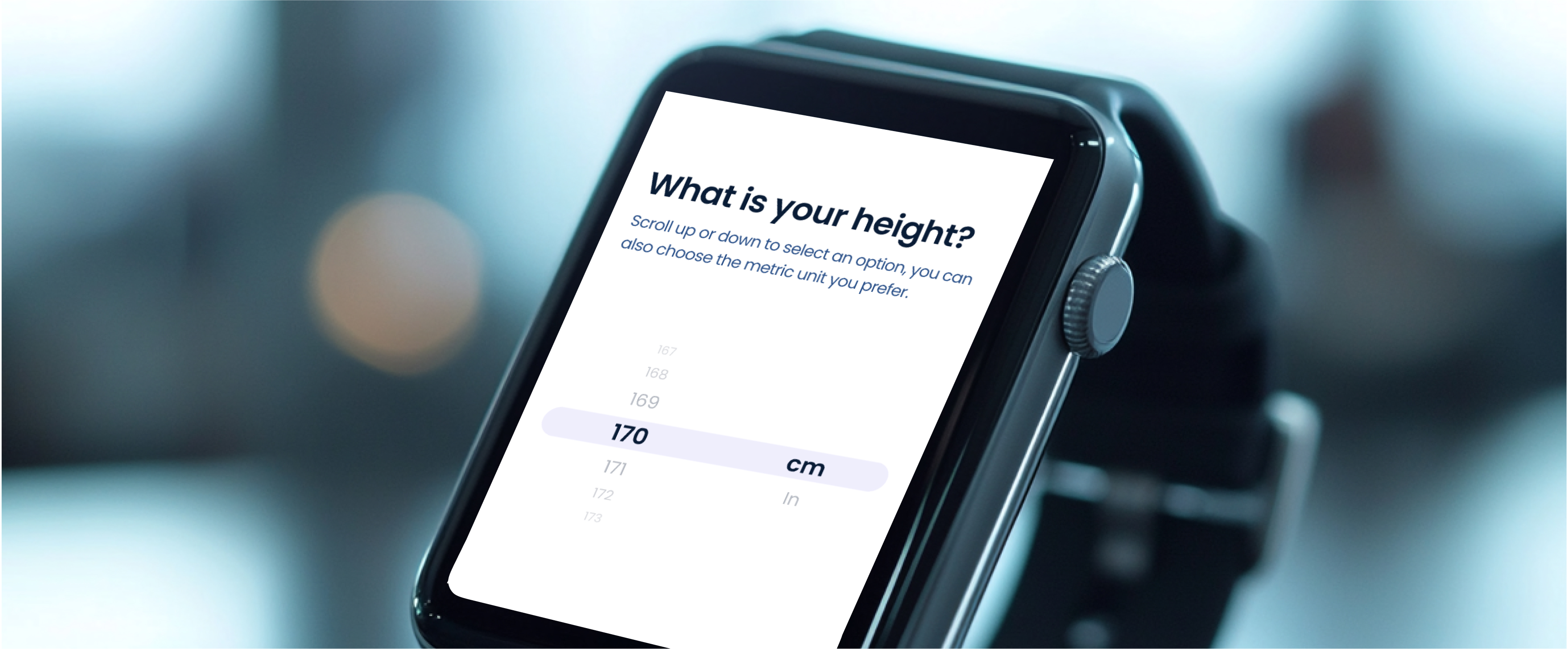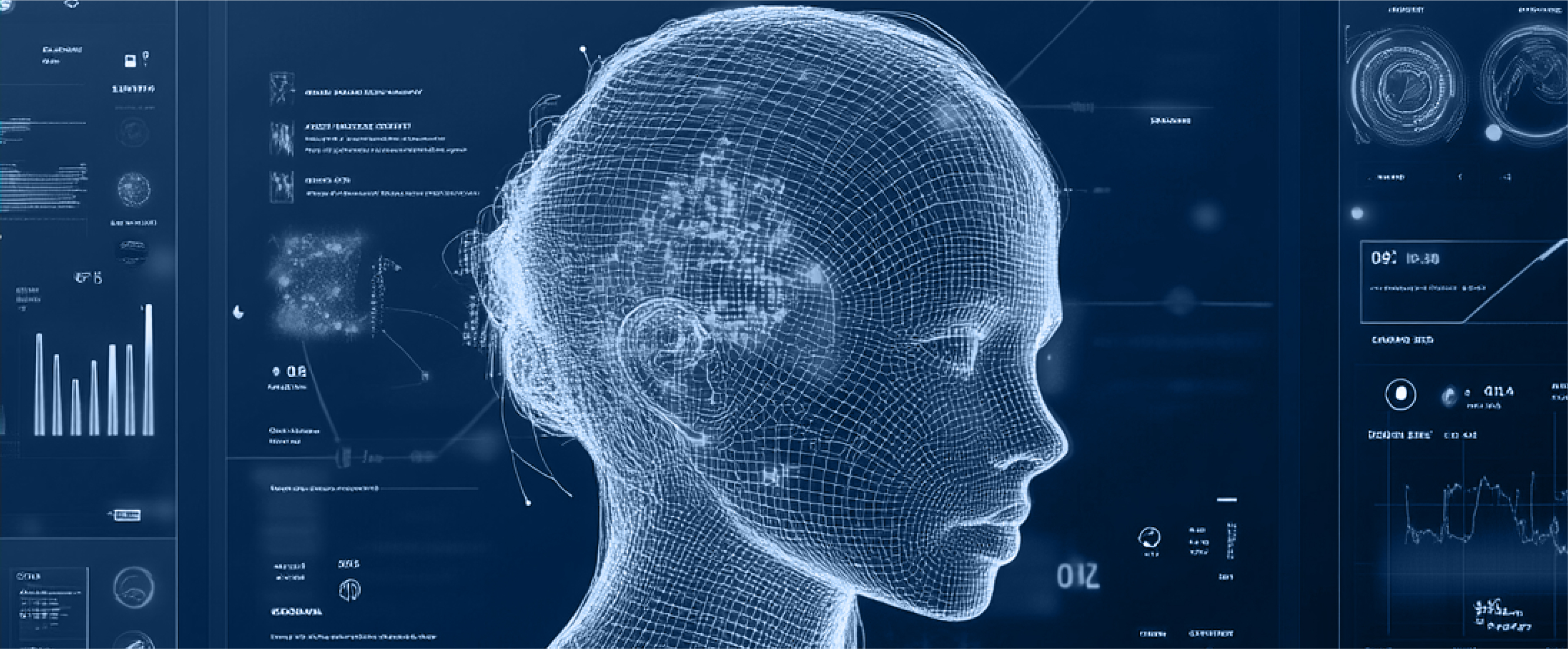Our Blogs
Our Library
Explore our collection of company-related news and expert insights. Stay informed with the latest research, success stories, and practical advice on improving health outcomes using cutting-edge technology.
Explore our collection of company-related news and expert insights. Stay informed with the latest research, success stories, and practical advice on improving health outcomes using cutting-edge technology.











Continuous health monitoring

Before Health Intelligence joined the NVIDIA Inception Program, a global startup accelerator dedicated to empowering innovative companies. This opportunity will strengthen our cloud computing capabilities, helping us make our technology accessible to millions of users.

Before Health Intelligence is now a member of the Google for Startups Cloud Program, gaining access to powerful cloud tools and resources that support growth and accelerate innovation. This collaboration enhances our scalability and storage capabilities, ensuring we can efficiently manage and process vast amounts of data. How vast? For 1,000 users alone, we process over 1.3 trillion datapoints in real-time annually. With access to Google’s advanced computing resources, AI tools and up to $350K in infrastructure credits, we can scale efficiently and maintain system reliability, ensuring seamless performance as data demands grow.

Any algorithm is at most a simplified model of real-world phenomena. Therefore, it can never fully capture all possible factors that are critical to understand disease states. To this end, the outcomes of our algorithms shall be treated with care and cannot be considered by any means a perfect reflection of real clinical pictures.

In general, the quality and accuracy of the output of an SaMD depends directly on the quality of input data. For our algorithms, two factors are primarily affecting the quality of calculated scores. Firstly, the data collected from smartwatches is not as accurate and precise as properly calibrated medical devices in clinical environments. Thus, the input data generally is less reliable and cannot replace clinical investigations. Secondly, if the smartwatches are not worn or worn properly, or issues with sensors, batteries etc of the watches are present, the algorithm will be exposed to missing data that will affect its efficacy.

The past decades have been witnessing a major trend towards evidence-based classification of psychiatric disorders using measurable dimensions. The EERLYY app was the result of a major effort to use continuous longitudinal measurements of biobehavioral variables to characterize substance use disorders in a quantitative manner and relapse as a transition between states.
Join us in transforming healthcare! Partner with us to develop innovative solutions that will shape the future of medicine. Fill out the form to learn more about collaboration opportunities and how we can work together.